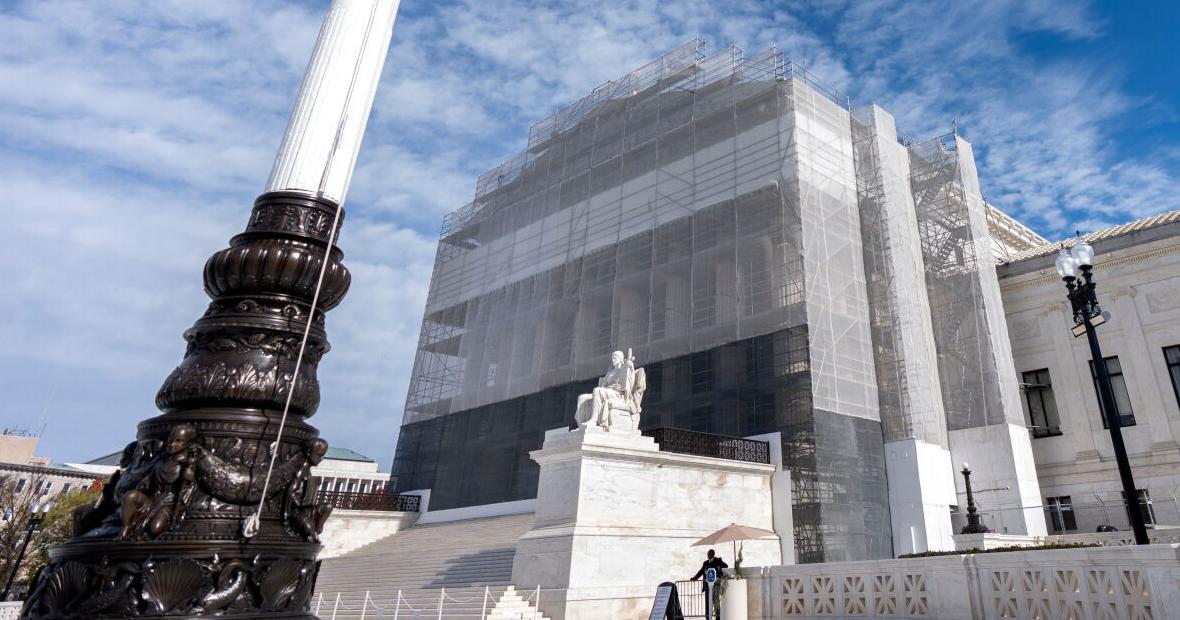The Supreme Court has ruled to allow the enforcement of a policy that prohibits transgender and nonbinary individuals from selecting passport sex markers that reflect their gender identity. This decision, made on October 26, 2023, permits the administration of former President Donald Trump to continue applying a regulation that many advocates argue undermines the rights of these communities.
The policy, originally enacted during Trump’s presidency, has faced significant legal challenges since its inception. Advocates for transgender rights have criticized the rule as discriminatory, asserting that it invalidates the gender identities of nonbinary and transgender individuals. The ruling is seen as a setback for advocates who have been fighting for greater recognition and rights for these groups.
In the context of this legal battle, many individuals have expressed their concerns about the implications for their personal identification documents. The ability to choose a passport marker that aligns with one’s gender identity is considered crucial for many, as it can affect their day-to-day lives and interactions. The decision reinforces existing tensions surrounding the rights of transgender individuals in the United States.
Legal experts have noted that the Supreme Court’s ruling reflects a broader trend in judicial approaches towards transgender rights under the past administration. While some states have enacted more progressive policies to support transgender individuals, the federal stance has remained contentious.
The implications of this ruling extend beyond just passport documentation. It raises questions about the treatment of transgender individuals in various facets of life, including healthcare, employment, and legal recognition. Advocates are concerned that this decision may embolden further discrimination and hinder progress toward equality.
Organizations and activists are now strategizing on how to address the impacts of this ruling. As the legal landscape evolves, the focus will likely shift to state-level initiatives aimed at protecting the rights of transgender and nonbinary individuals.
While the Supreme Court’s decision may feel like a significant defeat to many, it has also galvanized advocates to continue their fight for equality. The ongoing dialogue surrounding these issues emphasizes the importance of advocacy and community support for marginalized groups.
As the situation develops, stakeholders are encouraged to stay informed and engaged, as the struggle for recognition and rights continues to unfold in various legal and social arenas.







